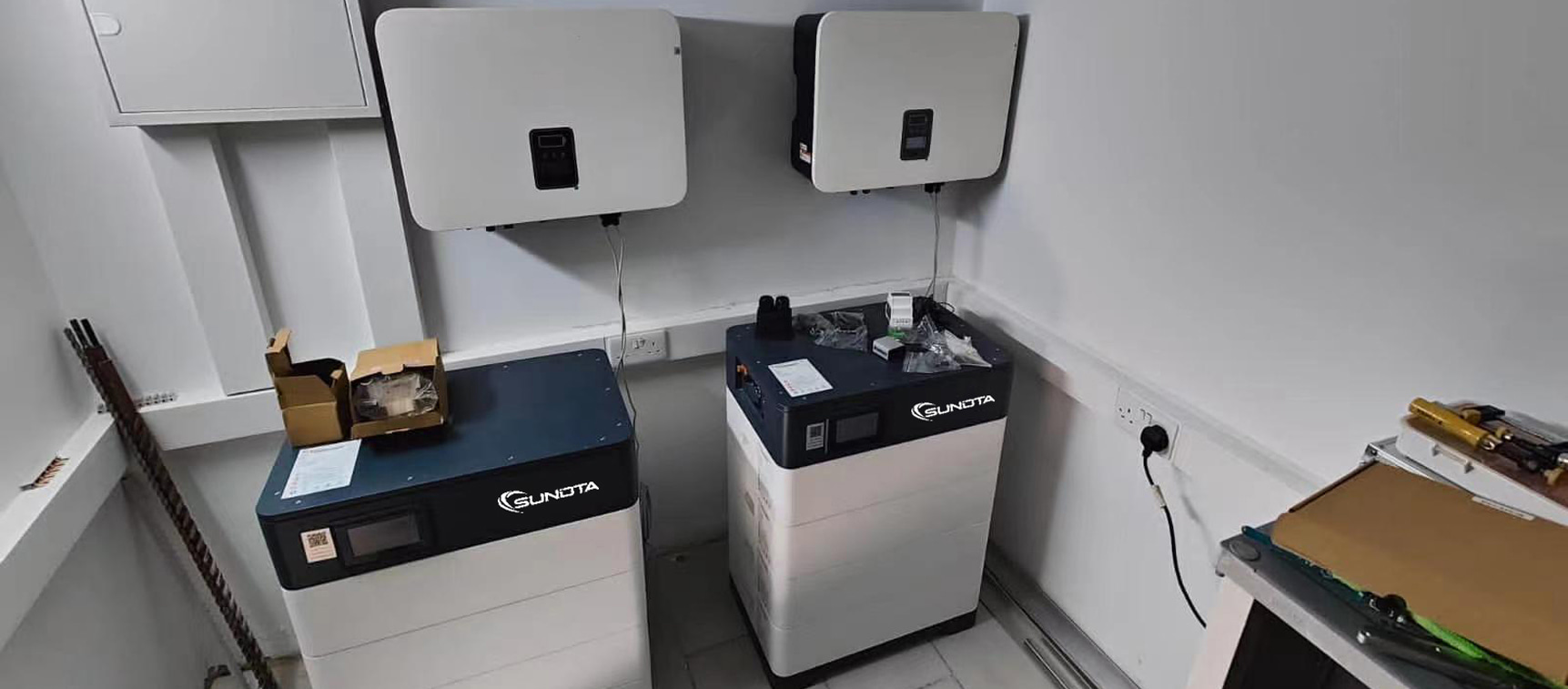What is energy storage?
Nov 27, 2023
Energy can be stored in batteries for when it is needed. The battery energy storage system definition is an advanced technological solution that allows energy storage in multiple ways for later use. Given the possibility that an energy supply can experience fluctuations due to weather, blackouts, or for geopolitical reasons, battery systems are vital for utilities, businesses and homes to achieve a continual power flow. A battery energy storage system (BESS) is no longer an afterthought or an add-on, but rather an important pillar of any energy strategy.
What is solar energy storage?
A solar energy storage system is a technological solution in which batteries charge during the day when the sun is shining, and store and release power for consumption around the clock or on cloudy days. Battery energy storage is particularly effective when combined with solar energy, because solar energy storage mitigates the intermittent nature of renewable power and guarantees a steady supply of electricity. Modern batteries for a home or business solar energy system usually include a built-in inverter to change the DC current generated by solar panels into the AC current needed to power appliances or equipment. Solar battery storage works with an energy management system that manages the charge and discharge cycles based on real-time needs and availability.
What are the main battery storage applications?
Battery storage can be used in many ways that go beyond the simple emergency backup in the event of an energy shortage or blackout. Applications differ depending on whether the storage is being used for a business or a home.
For commercial and industrial users, there are several applications:
•Peak shaving, or the ability to manage energy demand to avoid a sudden short term spike in consumption.
•Load shifting, which allows businesses to shift their energy consumption from one time period to another, by tapping the battery when energy costs more.
•Flexibility, whereby customers can reduce their site’s grid demand at critical times – without changing their electricity consumption. Energy storage therefore makes it a lot easier to participate in a Demand Response program and save on energy costs.
•Microgrids rely on batteries as a key component, because these grids need energy storage to enable them to disconnect from the main electricity grid when needed.
•Integration with renewable energy sources, since batteries guarantee a smooth and continuous electricity flow in the absence of the availability of power from renewable.
Residential users benefit from battery storage applications by:
•Self consumption, since residential users can produce solar energy during the daylight hours and then run their appliances at home at night.
•Emergency backup in the event of a blackout
•Going off the grid, or detaching completely from an electrical or energy utility
What are the battery energy storage benefits?
The advantages of battery storage systems are many. They make renewable energy more reliable and thus more viable. The supply of solar and wind power can fluctuate, so battery storage systems are crucial to “smoothing out” this flow to provide a continuous power supply of energy when it's needed around the clock, no matter whether the wind is blowing or the sun is shining. Plus, they can protect any user from grid fluctuations that could compromise energy supply. Here are some of the advantages of battery storage:
Environmental gains
Installing a battery storage system in a home or businesses powered by renewable energy reduces pollution, thereby contributing to the energy transition and combating the effects of global warming.
Lower energy costs
Storing low-cost energy and consuming it during peak periods when electricity rates are higher allows a user to shift consumption and avoid higher charges, saving money. The savings are magnified when combined with solar power, which is free.
Less dependent on the grid
Battery storage systems guarantee a continuous energy supply, even at times when the energy grid is unstable due to peaks in demand or extreme weather.
“Always on” supply
The sun is not always “on.” A battery storage system works round the clock, and therefore compensates for any fluctuations in solar energy supply by storing any excess power in the system.
Resilience
A battery storage system provides emergency backup in the event of a power outage, guaranteeing business continuity.